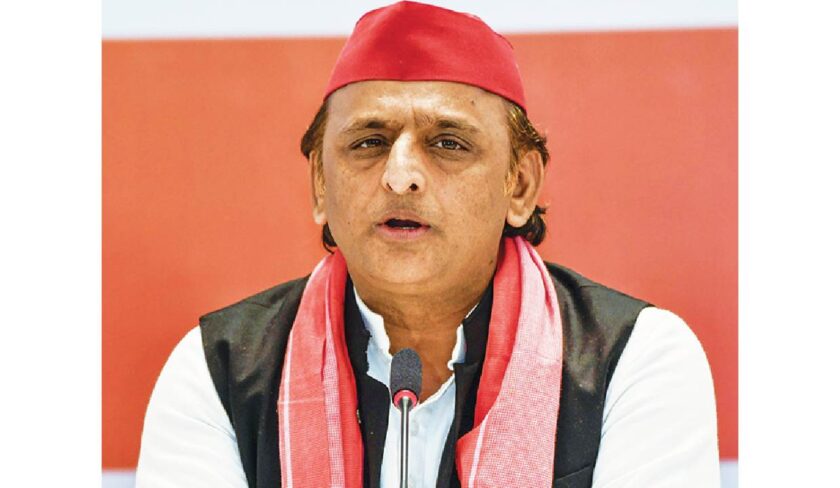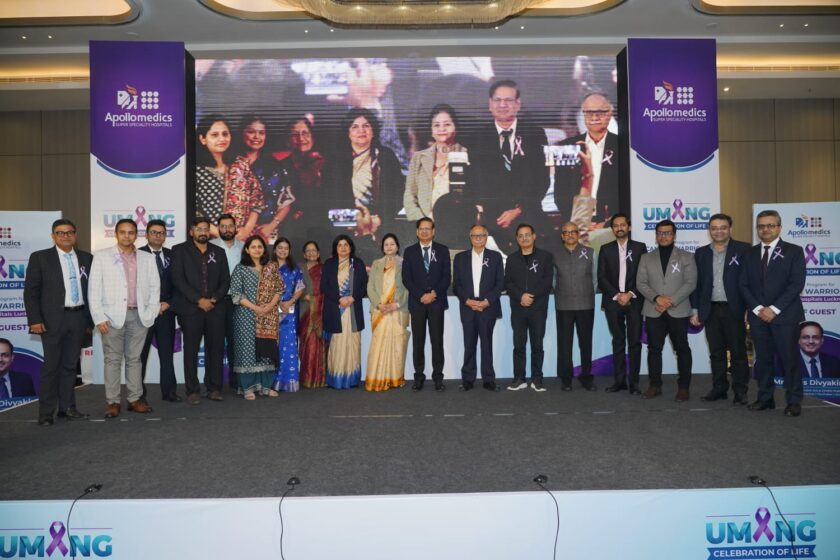Lucknow/New Delhi – In a strong response to Turkey and Azerbaijan’s open support for Pakistan, the Confederation of All India Traders (CAIT), a leading national traders’ body, along with Adarsh Vyapar Mandal, has called upon Indian citizens and traders to boycott travel to Turkey and Azerbaijan. The appeal aims to register a stern response against the two nations’ political stance and show solidarity with India’s national interests.
CAIT has been at the forefront of the “Boycott Chinese Goods” campaign in recent years, which has seen considerable success. The organization is now planning to intensify its campaign by reaching out to travel and tour operators and other stakeholders in the tourism sector, urging them to support the boycott of Turkey and Azerbaijan.

CAIT has also indicated that a final decision on suspending all trade ties with Turkey and Azerbaijan will be taken at a national convention of prominent trade leaders scheduled to be held on May 16 in New Delhi.
Indian Tourists’ Impact on Turkish and Azerbaijani Economies
Speaking on the issue, Sanjay Gupta, National Secretary (North India) of CAIT and President of Uttar Pradesh Adarsh Vyapar Mandal, emphasized the economic consequences of such a boycott.
“If Indian citizens boycott travel to Turkey and Azerbaijan in protest of their pro-Pakistan stance, it will directly impact their tourism-dependent economies,” Gupta said.
Gupta shared official statistics from 2024, stating that Turkey received 62.2 million foreign tourists, of which nearly 300,000 were from India—a 20.7% increase from 2023. With each Indian tourist spending an average of $972, the total estimated spending by Indian tourists was approximately $291.6 million. Gupta pointed out that in addition to direct losses, the cancellation of Indian weddings, corporate events, and cultural programs would further dent Turkey’s economy.

Similarly, Gupta highlighted the economic implications for Azerbaijan. In 2024, the country saw around 2.6 million foreign tourists, including approximately 250,000 Indian travelers. With an average spending of $1,276 per Indian tourist, the total contribution of Indian tourism was estimated at $308.6 million. He added that Indian tourists primarily visit Azerbaijan for leisure, weddings, entertainment, and adventure, sectors that could face a severe downturn due to the boycott.
Strategic Economic and Political Pressure
Gupta stressed that economic pressure could force both countries to rethink their foreign policy approaches toward India. He noted that a decline in Indian tourist inflow would impact hotels, restaurants, tour operators, and other local businesses, causing ripple effects throughout their economies.
“Under the strong leadership of Prime Minister Narendra Modi, India is no longer a nation to be undermined. Any support extended to Pakistan by Turkey and Azerbaijan will not go unnoticed. This boycott is both an economic action and a political message,” Gupta declared.
He further said that Indian traders are ready to stand by the nation’s integrity, sovereignty, and security, and are awaiting direction from the government.
As the May 16 national convention approaches, the trade community awaits a decisive move that could redefine India’s economic engagements with Turkey and Azerbaijan.









